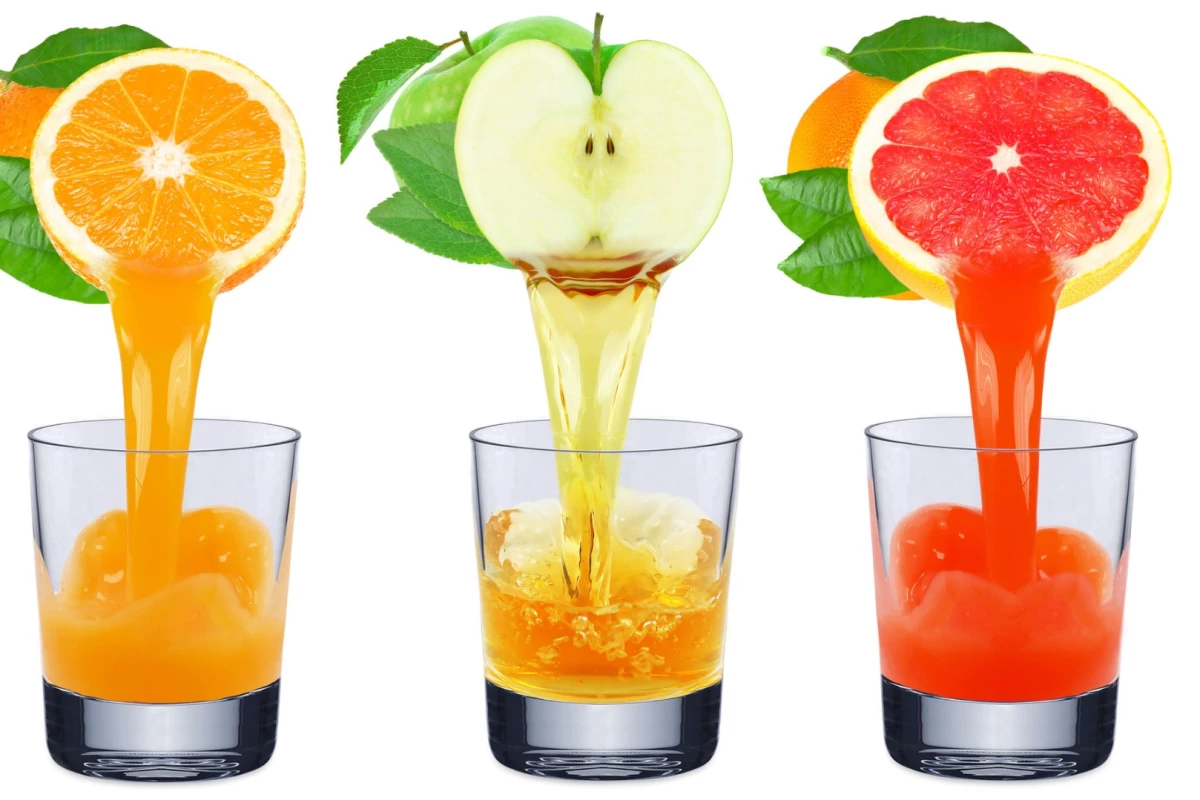A new large-scale study has yet again rekindled debate around the association between cancer risk and consumption of sugary drinks. The research suggests unsweetened fruit juices also contain enough sugars to confer a similar increase in cancer risk as sugary soda drinks – but that's not the whole story.
The new study is impressively broad in its scale, following over 100,000 subjects for an average of around five years. Dietary data was self-reported, with subjects filling out three 24-hour dietary records randomly assigned within a two-week period and collected every six months along with their weight data for the duration of the study.
The results were reasonably clear, with the study finding an 18 percent increase in overall cancer risk for every 100 ml (3.4 oz) of sugary drink consumed per day. Most interestingly the research found 100-percent fruit juice resulted in similar increases in cancer risk as sugary soft drinks, whereas no cancer risk increase was identified with diet or artificially sweetened beverages.
This certainly is not the first study to investigate links between sugary drinks and cancer. A major associational study from Australia was published last year asserting a correlation between sugary soda drinks and the development of 11 different cancer types. These studies seem to continually imply some kind of direct causal connection between sugary drinks and cancer, however, some scientists question how meaningful this kind of research actually is.
Nikolai Petrovsky, an endocrinologist from Australia's Flinders University, suggests drawing any direct link between cancer and sugary drinks is a "gross over extrapolation of the results." He hypothesizes the apparent associations uncovered in these kinds of studies may be more related to other factors that could be associated with consumers of sugary drinks.
"… for example if the people drinking the extra sugar were not necessarily more overweight than the controls then this must mean they were consuming less calories in solid food, all things being equal," says Petrovsky. "This is consistent with their data showing that, compared with lower consumers of sugary drinks, higher consumers tended to have higher energy, carbohydrate, lipid, and sodium intakes and lower alcohol intake, compared with lower consumers. Hence a more plausible explanation might be that intake of sugary drinks is just a marker of someone with an overall poor diet and this poor diet is actually what is driving cancer risk."
What scientists are relatively sure of is that obesity and diabetes do drive up a person's risk of cancer. Increased sugar consumption does lead to obesity and diabetes, and sugary drinks certainly ramp up a person's sugar consumption. So, while the statement, "sugary drinks increase a person's cancer risk" is arguably true, it is also a little bit deceptive if one is trying to understand a meaningful link.
It is not even clear that sugar consumption can be directly connected to cancer mortality. A large 2014 study tracking over 350,000 people for up to 13 years found no particular association between sugar consumption and cancer, implying it may not be sugar itself that causes cancer but its influence on obesity and diabetes that underpins the association.
Perhaps the most meaningful datapoint in this new study is the discovery that natural fruit juice drinks may be just as bad as sugary soft drinks. While fruit juice obviously can contain more vitamins and nutrients than a sweet soft drink, it is relevant to note these beverages often have just as high a sugar content as carbonated drinks. And, although headlines are already hyperbolically touting that this study claims fruit juice can increase one's cancer risk, the real reminder here is that we should be ultimately keeping an eye on our overall dietary sugar consumption, even when it's coming from natural sources.
The new study was published in The BMJ.
Source: BMJ via EurekAlert




